 I was going to post this as part of James Moushon’s blog Real Ebooks: Are We still in the Stone Age? But now that I’ve written it, I see it as a separate discussion. It might help, though, to read James’s blog and comments to see, in part, where this is coming from.
I was going to post this as part of James Moushon’s blog Real Ebooks: Are We still in the Stone Age? But now that I’ve written it, I see it as a separate discussion. It might help, though, to read James’s blog and comments to see, in part, where this is coming from.
I want to make a larger point of my advice about ebook authors wrenching a place at the table at which further development of the ebook business will inevitably be settled.
I started out as a wannabe author more than willing–desperate, in fact–to accept The System for the sake of getting published. I started writing books at fifteen, but I wasn’t published until I was in my early thirties. Damn right I was grateful. By thirty-seven (1983), I had taken off; I was earning a living wage solely from writing. By 1985, I had begun publishing some of my books.
When I was a tyro, I accepted the argument publishers made to justify a 10-percent-of-list main royalty category. This model made more sense when I went into publishing and learned real publishing economics. By 1995, genre publishers (I write military history) were paying 10 percent of net (not list). It kind of made sense at the time, so I reluctantly bought into it.
The publishers still argue that it costs a lot to bring a raw manuscript all the way to market. Well, it did cost a lot, but publishers began cutting costs in the mid 90s by lopping off such niceties as line editing, competent proofreading, and other standard remedial work–not to mention even the least costly tried-and-true marketing efforts. Then, beginning in 1999, they shifted many deep backlist titles to print-on-demand status without telling anyone they had. They continued to argue that printing and storing trade paper reprints costs a lot. It does, but not if the books are PODs.
Cutting to the chase: So maybe trade publishers can still justify low royalties for printed books. They do take risks even in their shrinking risk-averse universe. But WTF are they going on about over ebook reprints? It costs bupkus to convert a previously edited printed text to a digital version. As we all know, you don’t need much publishing infrastructure to produce an ebook from any edited digital text.
Trade publishers grant authors up to around 20 percent of ebook sales proceeds. My little one-man company pays authors 50 percent of proceeds. I have zero regrets over that; my company does well enough. And I support book sales at least as well as the most enlightened, most aggressive modern trade publisher. I also don’t sabotage ebook sales by charging $16.95 list for the Kindle edition in order to protect my position in warehoused offset copies that list for $19.95 and sell on Amazon for $10.88.
It takes no infrastructure to be an ebook publisher. All the traditional arguments over control and author remuneration have been rendered moot. We don’t need the old rules because we have been liberated from the old ways.
So why are we so meek in the face of the new top-down masters, Amazon and B&N, et al. They have little to no skin in the game; our charged particles sell on their charged particles. Simple as that. They do reach lots of browsing consumers to a greater or lesser degree, so we don’t want to kill the goose. But exactly how much shit should we be willing to take when we do all the work and shoulder all the risk?
Let me be clear: the resellers–Amazon, B&N, Nook, Apple, et al–add no value to our work. Their work is analagous to the work a supermarket does for Nabisco. They warehouse cookies in their stock area and move it out as needed to the brightly lit selling floor of their centrally located store. Period. Important, but is it worth the cost of a soul?
I used to ask publishing suits, to their faces: Exactly how many new books per year do you people think you can produce without authors?
I have been moved to ask KDP dweebs the following: Exactly how many ebooks per year do you people think you can sell without authors?
We’re it. It starts with us. We are the sole means of production. Why are we on the road to trading an old top-down hierarchy for a newer top-down hierarchy? And what law of nature rquires us to be, yet again, at the bottom of the heap, taking orders from imperious but clueless suits who bring nothing to the table we can’t build for ourselves, cooperatively?
¡Venceremos!
Get an Editorial Review | Get Amazon Sales & Reviews | Get Edited | Get Beta Readers | Enter the SPR Book Awards | Other Marketing Services


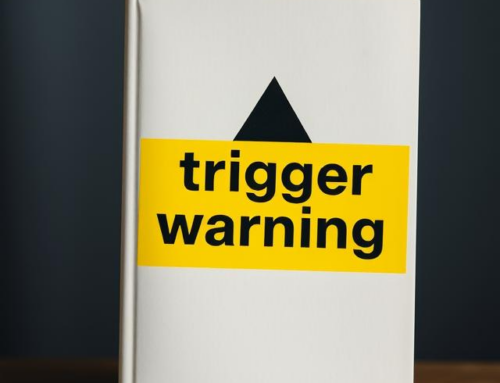

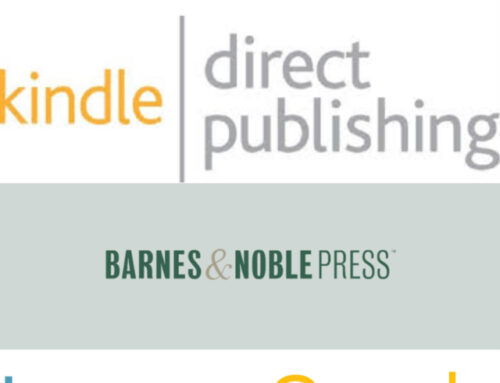
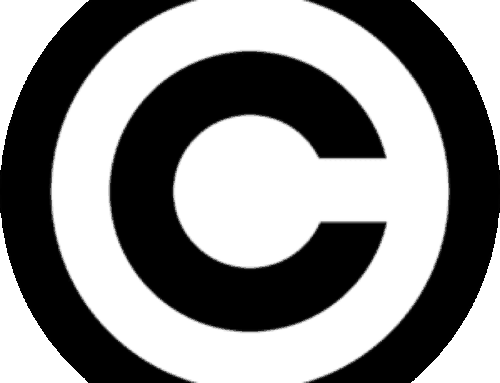



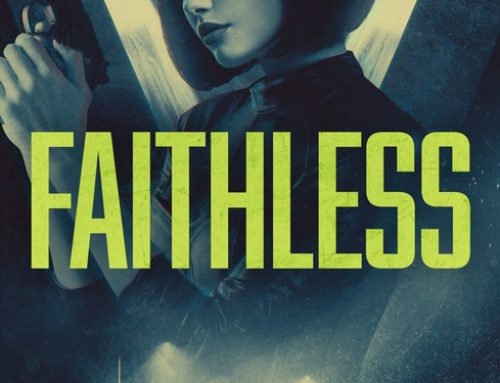






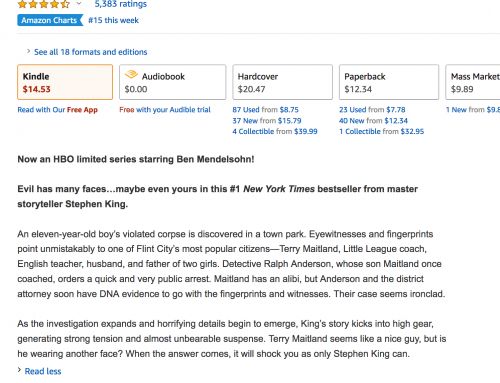
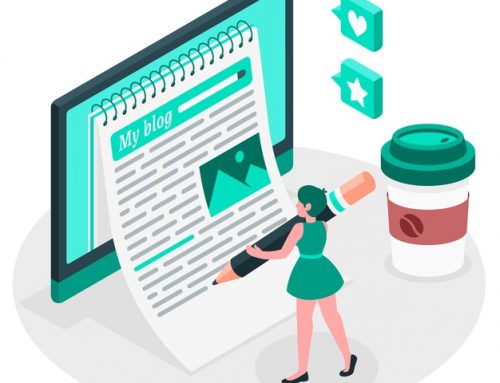

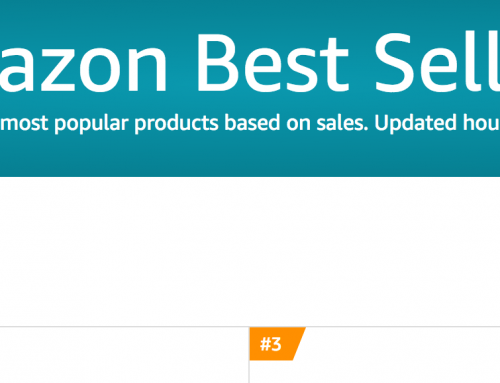
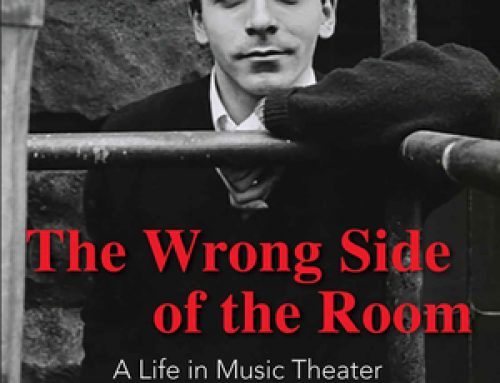

Leave A Comment